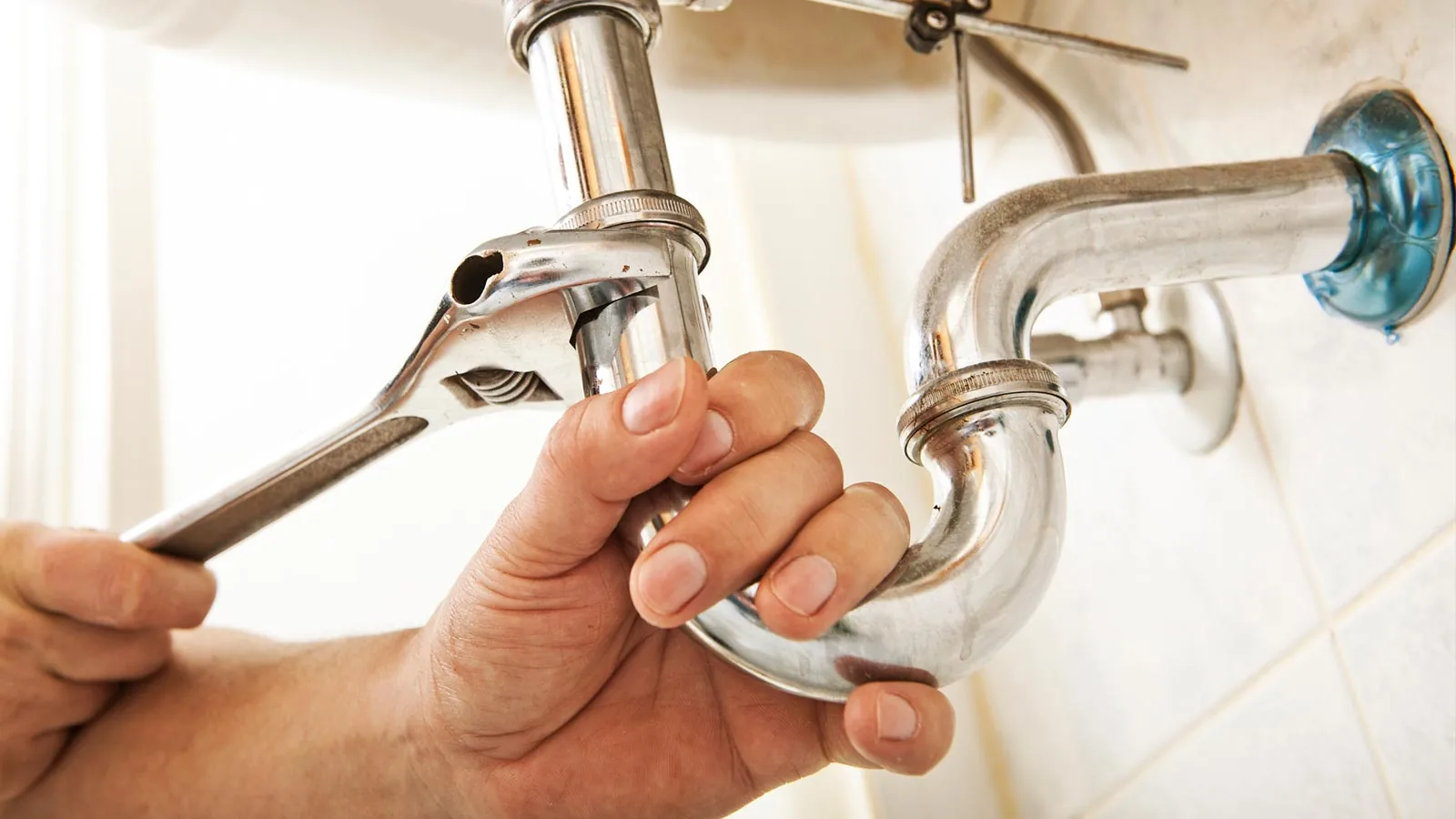
As international pet travel becomes more common, veterinary professionals are increasingly called upon to ensure pets meet the complex entry requirements of different countries. This responsibility—though rewarding—can be overwhelming. Regulations vary significantly by destination, and mistakes can lead to denied entry, quarantines, or even legal consequences for clients and clinics alike. That’s why pet travel compliance for veterinary practices is now more critical than ever.
Veterinarians play a pivotal role in global pet mobility. From microchipping and rabies vaccination to issuing and endorsing health certificates, clinics serve as the frontline of compliance. But without the right tools, knowledge, and support, even experienced practices can find themselves navigating a minefield of rules and paperwork.
At Passpaw, we partner with veterinary practices to simplify pet travel compliance for veterinary practices through expert guidance, streamlined documentation, and up-to-date regulation management. In this article, we’ll explore best practices, common pitfalls, and how Passpaw empowers clinics to deliver trusted, accurate compliance services to traveling pet owners.
Why Pet Travel Compliance Matters in Veterinary Practice
When a client asks for help preparing their pet for international travel, they’re putting their trust—and their animal’s safety—in your hands. Your role is not just to care for the pet’s health, but to ensure every regulatory box is checked. Pet travel compliance for veterinary practices ensures:
- The animal is healthy and safe to travel.
- The client avoids costly delays or detentions.
- The clinic upholds a reputation for professionalism and precision.
Improper documentation or overlooked requirements can lead to serious issues, including:
- Mandatory quarantines (often lasting weeks)
- Denied entry or return of the pet to its origin
- Liability issues for misinformed guidance
- Loss of trust in the veterinary clinic
With countries regularly updating their import/export rules for pets, staying current and compliant is a full-time task—one that many clinics aren’t equipped to manage alone.
Key Areas of Pet Travel Compliance for Veterinary Practices
To offer compliant and reliable international pet travel services, veterinary teams must master several critical areas:
1. Microchipping Requirements
Many countries mandate ISO-compliant microchipping before any vaccinations or certificates are issued. The microchip is the cornerstone of pet identification abroad and must match all paperwork.
Compliance Tip:
Scan and record the microchip before administering vaccines. Ensure the number matches the certificate and all accompanying documents.
2. Vaccination Schedules and Validity
Rabies vaccines are typically the most scrutinized. However, some destinations require additional vaccines like leptospirosis, distemper, or kennel cough. Timing matters—some countries require the rabies shot to be given no less than 21 days before entry, others up to 12 months.
Compliance Tip:
Maintain a strict timeline protocol and log vaccine administration with accurate batch numbers and expiration dates.
3. Health Certificates and Government Endorsements
Most international destinations require a health certificate issued by a USDA-accredited veterinarian (in the U.S.) and endorsed by the appropriate authority (e.g., USDA-APHIS). Each country may use its own certificate format and require specific wording or treatment history.
Compliance Tip:
Avoid generic health certificates. Always use country-specific forms and confirm they’re the most current version accepted by destination authorities.
4. Parasite Prevention and Treatment
Many countries mandate internal and external parasite treatments within specific timeframes before travel. The documentation must include product names, dosage, and administration dates.
Compliance Tip:
Record every treatment with full product details and include it in the final documentation submitted for endorsement.
5. Travel-Specific Record Keeping
Every compliance document—from vaccine history to examination notes—should be stored, categorized, and accessible for reference in case of post-travel disputes or audits.
Compliance Tip:
Maintain digital and hard copies of travel records for at least 2 years. Consistent record-keeping ensures both legal and medical transparency.
How Passpaw Supports Pet Travel Compliance for Veterinary Practices
At Passpaw, we understand the increasing burden placed on veterinary professionals to be experts in international pet travel documentation. That’s why we offer dedicated compliance support to veterinary practices looking to serve their clients with confidence.
Our Pet Travel Compliance Solutions Include:
- Access to up-to-date country requirements through our compliance portal
- Destination-specific certificate templates approved by USDA or relevant authorities
- Real-time updates on changing travel regulations
- Personalized support from travel compliance specialists
- Step-by-step checklists for your clinic and client
- Error-checking services before USDA endorsement submission
- Partnership tools including branded client handouts and travel kits
With Passpaw, veterinary practices gain peace of mind knowing they’re backed by expert guidance and global compliance data. We work in tandem with your team to avoid mistakes, reduce stress, and enhance the level of service your clinic can provide.
Common Pitfalls to Avoid in Veterinary Pet Travel Compliance
Even seasoned clinics can overlook the fine print when it comes to pet travel compliance for veterinary practices. Here are some red flags to avoid:
Submitting Certificates with Mismatched Dates
Vaccines, microchip scans, and health exams must follow a specific chronological order. For example, if a rabies vaccine is given before a microchip is implanted, it may be deemed invalid.
Assuming Certificate Templates Are Universal
Different countries require different forms—and they change frequently. A certificate used six months ago may no longer be accepted.
Rushing USDA Endorsements
Last-minute submissions can lead to rushed errors or denied endorsements. Always allow for mailing time and government processing.
Failing to Educate the Client
Clients often believe pet travel is as simple as booking a flight. Educating them early about timelines, procedures, and expectations ensures smoother experiences for all.
The Value of Compliance in Client Relationships
Providing pet travel compliance for veterinary practices isn’t just about documentation—it’s about trust. Clients who travel with their pets rely on you to keep their beloved companions safe, legal, and secure.
Offering reliable, knowledgeable travel services:
- Strengthens client loyalty
- Differentiates your practice from competitors
- Reduces liability and reputational risks
- Opens the door for premium services and travel consultations
With the rise in global mobility, clients are looking for veterinary practices that offer more than checkups—they want full-service support for life’s bigger adventures. By partnering with Passpaw, your clinic becomes a trusted travel resource.
Frequently Asked Questions (FAQ)
1. How do I become USDA-accredited for issuing health certificates?
To become USDA-accredited, veterinarians must complete training through the National Veterinary Accreditation Program (NVAP). Contact your local USDA office or visit their website for steps.
2. Can Passpaw work with any veterinary practice?
Yes. Passpaw partners with clinics across the U.S. and internationally to offer full pet travel compliance support, from documentation to client communication tools.
3. What if a country changes its pet import rules last minute?
With Passpaw, your clinic receives real-time alerts and document updates so you can quickly adjust and remain compliant—even when regulations shift unexpectedly.
Conclusion: Elevate Your Practice with Trusted Pet Travel Compliance
Pet travel compliance for veterinary practices is no longer a niche service—it’s a vital part of modern veterinary care. The complexities of international regulations demand a higher level of attention, expertise, and coordination than ever before. And as pet owners increasingly seek seamless travel experiences for their companions, your clinic has the opportunity to lead the way.
By partnering with Passpaw, you gain the tools and knowledge to deliver consistent, compliant, and compassionate service. We help you eliminate guesswork, avoid mistakes, and build lasting client relationships rooted in trust and professionalism.
Ready to enhance your clinic’s pet travel services? Connect with Passpaw today and let’s build a world-class compliance experience for you and your clients. Don’t forget to visit the homepage for exclusive content.



